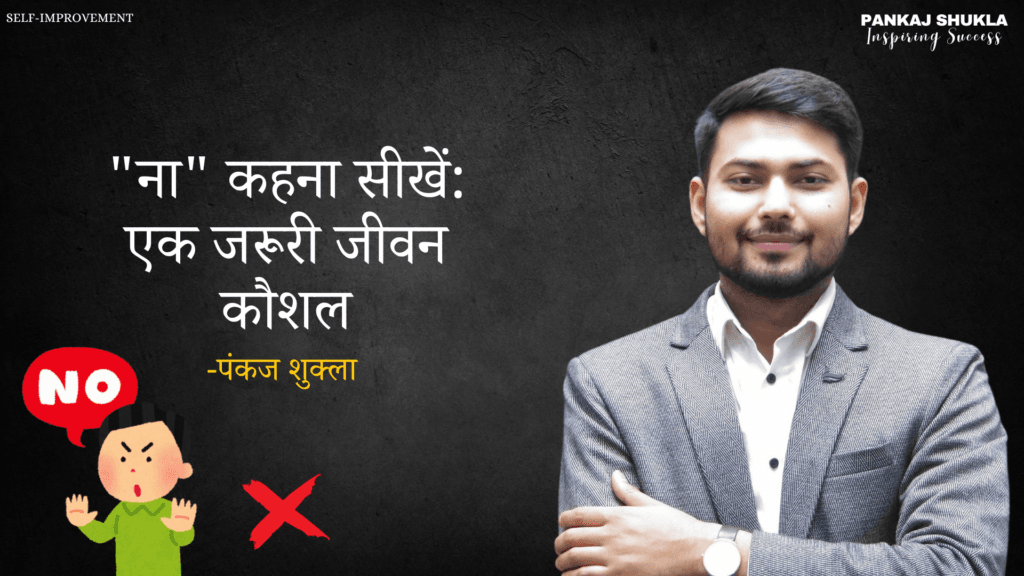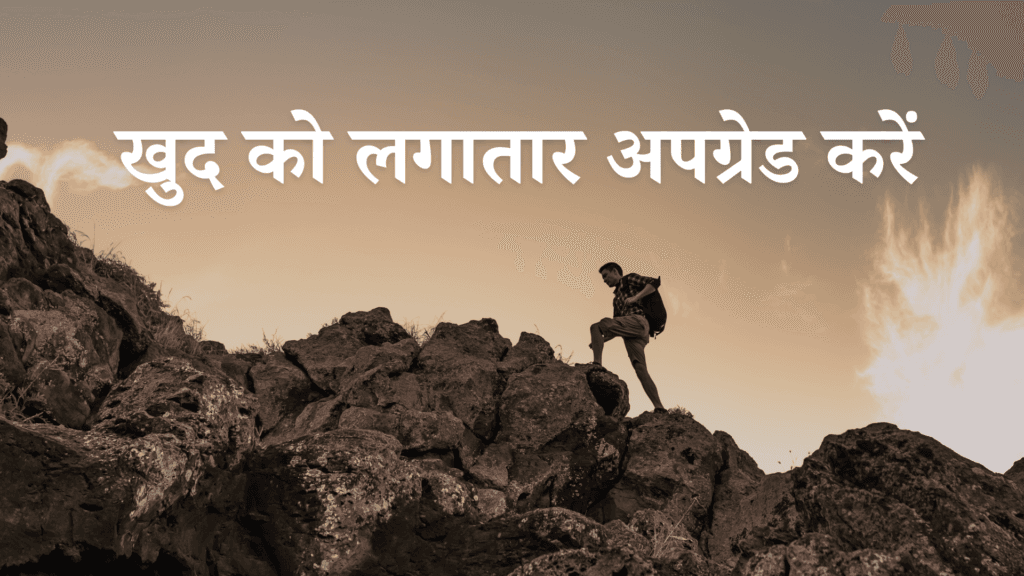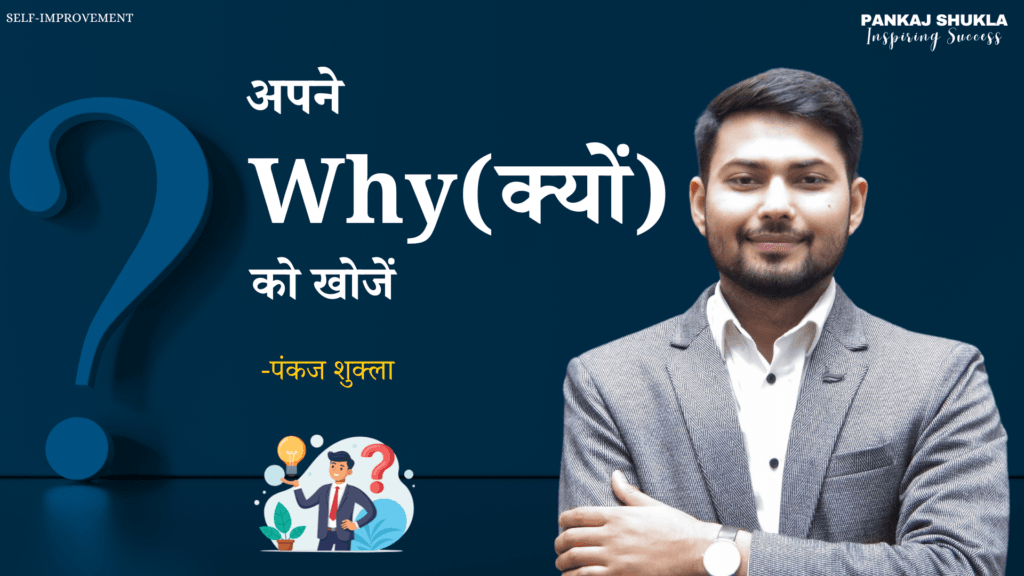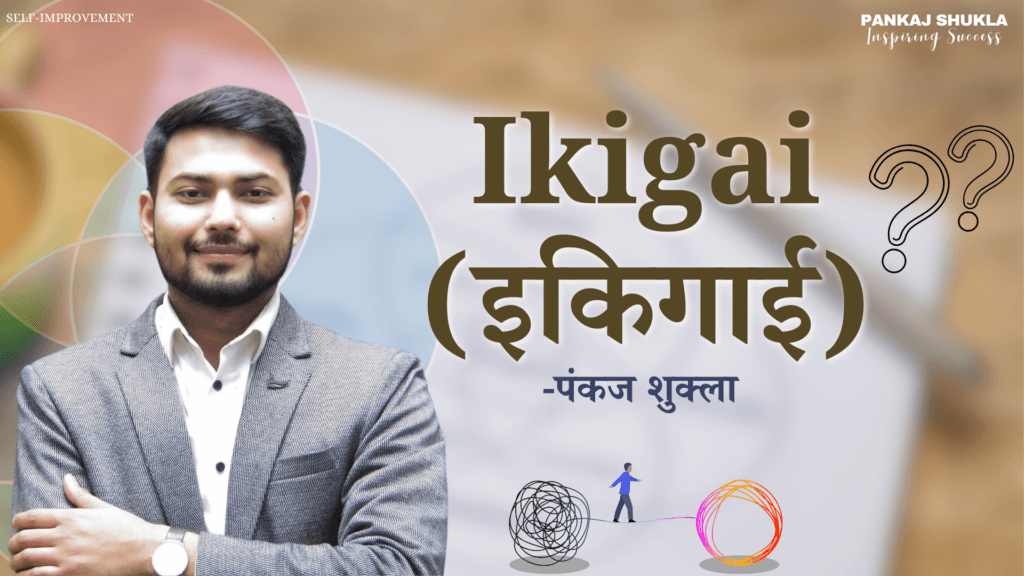Imagine your life is like a small patch of land in your village or colony. It could be a beautiful garden—full of marigolds, a little tulsi plant, maybe even some tomatoes—but right now, it’s just a mess. Weeds all over, dry soil, no shape. You’re standing there with a khurpi (hoe) and some seeds, but instead of getting to work, you say, “Arre, it’s because of no rain,” or “Yeh toh family ka fault hai, they didn’t help.” Sounds like something we’ve all said, na? Blaming feels easy—like sipping chai and watching the world go by. But here’s the truth: chai doesn’t grow gardens, and blame doesn’t grow lives. It just keeps us stuck in the blame drama. To really transform, you need to stop the blame drama and take responsibility.
Stop the Blame Drama: Focus on Solutions
When we allow ourselves to stop the blame drama, we can focus on solutions rather than excuses.
In India, we’re used to jugaad—making things work with what we have. But when it comes to our own duties, why do we wait for someone else to fix it? No one’s going to come running to do your homework, finish that office work, or sort out your fight with your cousin. Sure, Mummy might nag you, or your boss might send a WhatsApp reminder, but if you just sit there waiting for a push—like a buffalo that won’t budge—you’re wasting your own chance. Life’s not a Bollywood movie where the hero fixes everything in the last scene. You’re the hero, bhai. Time to roll up your sleeves!
Stop the Blame Drama and take charge of your life!
To truly stop the blame drama, realize that every moment spent blaming is a moment lost in your growth story. Take action instead of dwelling on excuses.
The “Kash Maine Kiya Hota” Pinch
Think about it—something you’ve been avoiding. Maybe calling your Nani to say hi or finishing that saree order for Holi you promised to your mata shri. Later, when you skip it, you feel that small pinch in your chest, na? That’s not just laziness—it’s your heart whispering, “You could’ve done it.” Duties aren’t there to trouble you—they’re like ladoos life hands you, saying, “Take this chance, show what you’ve got!”
Take the Example of Priya. She’s a single mom, works at a kirana shop all day, and still cooks dal-chawal for her kids every night. One day, her stove broke. Did she blame the gas wala or her luck? Nahin! She borrowed a chulha from the neighbor and kept going. I asked, “How do you manage?” She smiled and said, “Koi aur thodi na karega—my kids need me.” No drama, no excuses—just pure heart. Priya’s not waiting for a miracle; she’s making her own.
Like Dr. APJ Abdul Kalam said, “You have to dream before your dreams can come true.” But dreaming isn’t enough—you’ve got to work for it, even when the power cuts or the auto doesn’t show up. Priya gets it. Blaming won’t cook her kids’ dinner—doing her best will.
Stop the blame drama now and start crafting solutions for a better tomorrow.
Blame Ka Natak Wastes Time
When we point fingers—“Woh nahi kiya,” “Yeh meri galti nahi”—it’s like giving someone else the remote to our life. “I can’t move till they fix this,” we say. But while we’re busy with our blame ka tamasha, nothing changes. Your room stays messy, your big plans stay on hold, and you’re just sitting there, cribbing about the traffic or the government.
Sachin Tendulkar once said, “I had to pick up my own bat and hit the ball.” He didn’t blame the pitch or the bowler every time he missed a shot—he practiced harder. Growing up isn’t about being perfect; it’s about doing your bit. Maybe you sweep the house today. Maybe you say, “Main kar lunga,” instead of “Yeh kyun meri zimmedari hai?” Small steps, big difference.
Band Karo Waiting, Shuru Karo Action
Here’s the big truth: Don’t wait for the “perfect day.” There’s no muhurat for starting—life’s too thaka-thak for that. Don’t be that person who needs a “Chal na!” every time, like a rickshaw that won’t start without a kick. You’re not a rickshaw—you’re a rocket, yaar! Light the fuse!
Try this: Pick one thing you’ve been dodging. Maybe replying to your friend’s “Happy Holi” message from last year or fixing that leaking tap Papa’s been grumbling about. Ask yourself, “Ek chhota step kya kar sakta hoon—not because koi bol raha hai, but because I want to feel proud?” Do it. That little “Haan, maine kiya” feeling? That’s you growing—like planting a mango seed that’ll one day give fruit.
I know a boy, Ravi, from my old school. Hated exams. Always said, “Teacher explains bura, kya karoon?” One day, he got fed up with failing. Started studying 15 minutes a night with a torch—load-shedding and all. No one forced him. By the end of the year, he passed. Told me, “Bhai, waiting band kiya, bas shuru kiya.” That’s the trick—start small, win big.
Dil Se Vaada Karo
Chalo, let’s make a promise—you and me, right now. No more “Agar woh hota toh.” No more passing the blame parcel like it’s a kitty party game. We’ll slip up—burn the roti, miss the bus—but we’ll get up and try again. Because staying down, pointing at others? That’s not our style. You’ve got a josh in you, even if it’s hiding under the blanket right now. Shake it awake!
As Lata Mangeshkar ji sang, “Na chhod apna haath, na chhod apni aas…”—don’t let go of your hand, your hope. Your life’s that patchy land—full of promise. Stop staring at the mess and waiting for the monsoon. Pick up the khurpi. Plant something. Water it with your sweat. You’re not just fixing things—you’re growing into someone unstoppable.
So, kya bolte ho? Fingers down, hands up? Start today—one step. You’re not just a dreamer; you’re a doer. Let’s make it happen!








